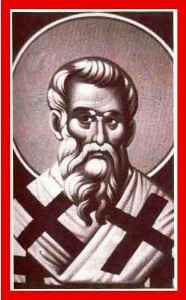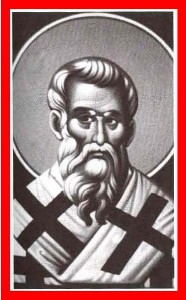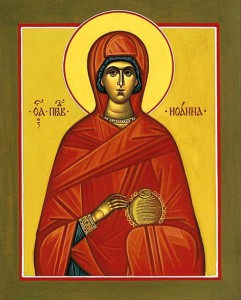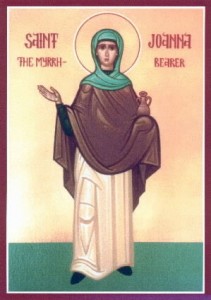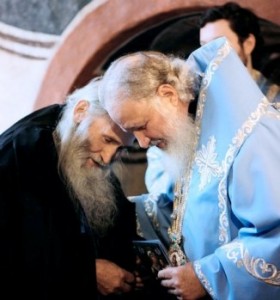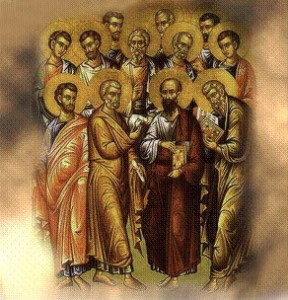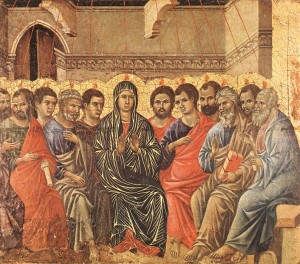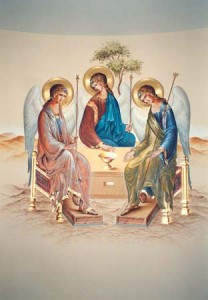جوفينال بطريرك اورشليم
بعد ثلاثين سنة من الضوضاء والضجيج ، كان الشيخ الوقور في النهاية يحتضر ، وفي سنة
458 رقد بدون حركة على سرير المرض الذي كان قد ادرك انه سرير الموت ايضا ، وفي الايام الاخيرة من حياته ، كانت له الفرصة لمراجعة جهاده ونضاله كبطريرك على اورشليم ، كقائد كنسي عمل ما بوسعه كي يخدم الله واخوته المسيحين طوال فترة القرن الخامس الصاخب .
بالنسبة للقديس جوفينال الذي ولد سنة 380 م ، والذي كان صديقا حميما لبعض النساك الذائعي الصيت في الكنيسة الاولى من امثال افتيميوس ، ثيودوسيوس ، جراسيموس ، وسمعان العامودي ، فان اهم شيء الان الشكر والعرفان الذي
يشعر به تجاه الله القدير ، كان يشكر الله

